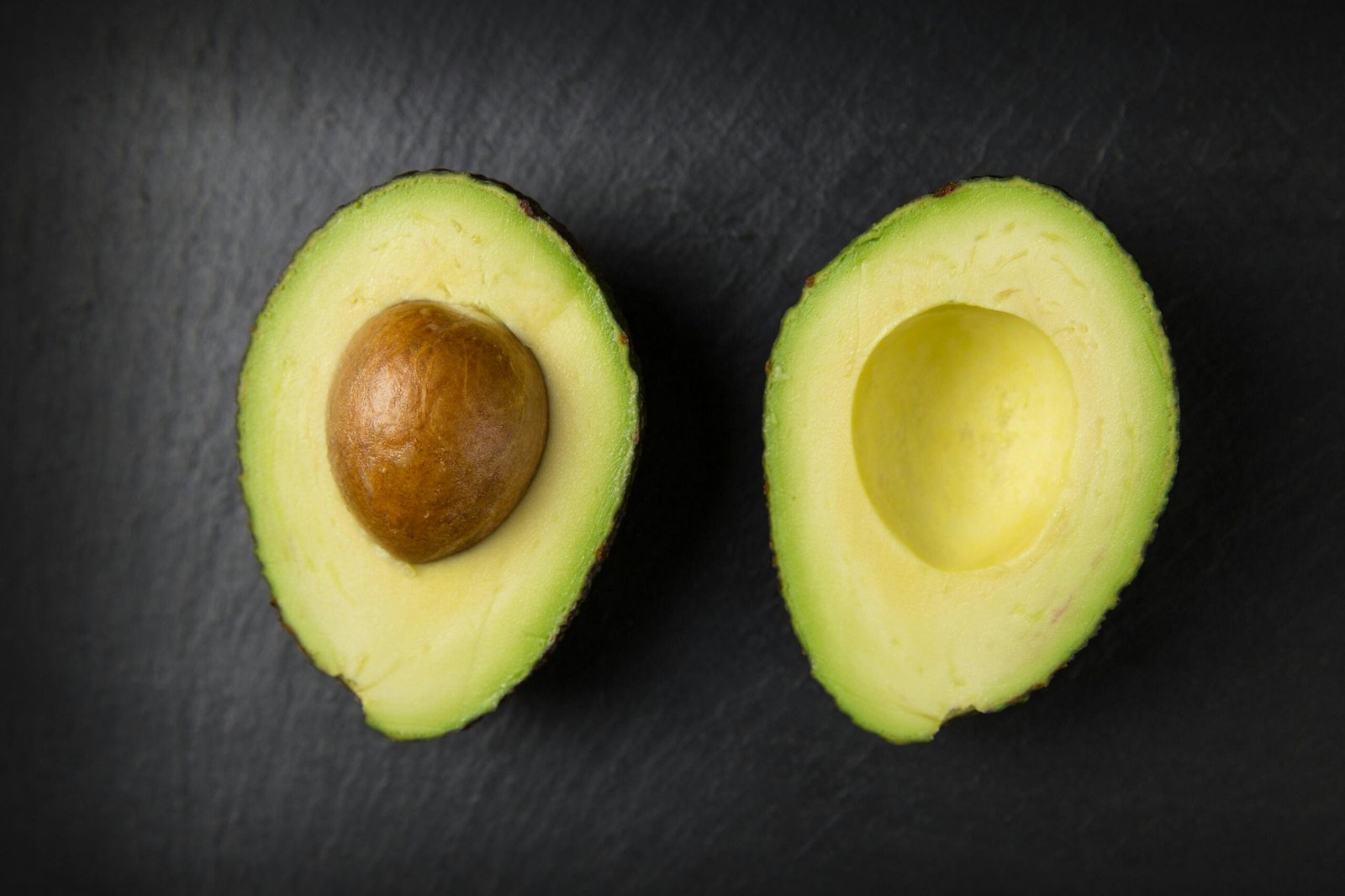
Have you ever wondered how avocados fit into the Mediterranean diet? It’s a question that many people ask, especially given the rising popularity of this creamy fruit. The Mediterranean diet is renowned for its heart-healthy benefits and emphasis on whole foods, and avocados can be quite beneficial as well. Let’s take a closer look at the relationship between avocado and the Mediterranean diet and how you can incorporate this nutritious fruit into your meals.

Understanding the Mediterranean Diet
The Mediterranean diet is not just a diet but rather a lifestyle that emphasizes healthy eating patterns. Rooted in the traditional dietary habits of people living in countries bordering the Mediterranean Sea, this way of eating promotes fruits, vegetables, whole grains, nuts, seeds, and olive oil, along with moderate amounts of fish and poultry.
This diet is rich in healthy fats, fiber, vitamins, and minerals, which contribute to lower rates of heart disease, diabetes, and other chronic illnesses. It encourages fresh, seasonal, and local foods while minimizing processed products and refined sugars.
By incorporating diversity and balance in your meals, the Mediterranean diet offers a sustainable way of eating that many find enjoyable and fulfilling.
Key Components of the Mediterranean Diet
To understand how avocados fit in, let’s break down the key components of the Mediterranean diet:
-
Fruits and Vegetables: These are consumed generously, with at least five servings per day being recommended. They provide essential nutrients and fiber.
-
Whole Grains: Foods such as whole wheat bread, brown rice, and barley are staple sources of carbohydrates, making up a significant portion of the diet.
-
Healthy Fats: Olive oil is the primary source of fat, but nuts, seeds, and fatty fish also contribute to this aspect. Healthy fats are crucial for heart health.
-
Lean Proteins: Fish and poultry are eaten more frequently than red meat, aligning with the diet’s emphasis on healthier protein sources.
-
Dairy: Moderation is key when it comes to dairy, with a focus on low-fat yogurt and cheese.
-
Herbs and Spices: Flavoring foods with herbs and spices instead of salt enhances the taste while providing additional health benefits.
-
Physical Activity: Being active is an integral part of the Mediterranean lifestyle, often involving communal activities and social meals.
Avocado: A Nutrient Powerhouse
Avocado has gained recognition as a powerful superfood in recent years, thanks to its impressive nutritional profile. The fruit offers a creamy texture and rich flavor, making it a versatile ingredient in numerous dishes.
Nutritional Benefits of Avocado
Here are some of the key nutritional benefits of avocados:
-
Healthy Fats: Avocados are high in monounsaturated fats, which can help to lower bad cholesterol levels and reduce the risk of heart disease.
-
Fiber: A significant source of dietary fiber, avocados aid in digestion and can help you feel fuller for longer, promoting healthy weight management.
-
Vitamins and Minerals: Avocados are packed with vitamins such as Vitamin K, Vitamin E, and several B vitamins, along with important minerals like potassium and magnesium.
-
Antioxidants: They contain powerful antioxidants, including lutein and zeaxanthin, which are beneficial for eye health.
How Avocados Compare to Other Healthy Fats
In the context of the Mediterranean diet, comparing avocados to other healthy fats helps you understand their role better. Here’s a quick overview:
| Fat Source | Type of Fat | Benefits |
|---|---|---|
| Olive Oil | Monounsaturated | Heart health, anti-inflammatory |
| Avocado | Monounsaturated | Heart health, beneficial for cholesterol |
| Nuts (e.g., almonds, walnuts) | Monounsaturated & polyunsaturated | Heart health, brain health |
| Fatty Fish (e.g., salmon, mackerel) | Omega-3 fatty acids | Heart health, lowers inflammation |
As you can see, avocados are on par with other healthy fats promoted in the Mediterranean diet, particularly olive oil.
Can You Eat Avocado on the Mediterranean Diet?
Now that we have a clearer picture of both the Mediterranean diet and avocados, it’s time to address the main question: can you eat avocado on this diet? Absolutely! In fact, avocados can complement many of the key components of the Mediterranean diet.
Incorporating Avocado into Your Meals
Here are some ways to add avocados seamlessly into your Mediterranean meals:
-
Salads: Chopped or sliced avocados make a delicious addition to salads, adding creaminess and a dose of healthy fats.
-
Sandwiches and Wraps: Spread avocado on whole-grain bread or use it in wraps for a nutritious and satisfying layer.
-
Avocado Toast: A popular dish that can be topped with tomatoes, Mediterranean herbs, or even olives for added flavor.
-
Smoothies: Blend avocado into your morning smoothie for a creamy texture and extra nutrients.
-
Soups: Use avocado as a garnish or incorporate it into chilled soups, like gazpacho, for a refreshing twist.
Avocados and Meal Examples
Let’s illustrate how avocados can be used in various meals within the Mediterranean diet:
| Meal Type | Example |
|---|---|
| Breakfast | Greek yogurt bowl topped with avocado, nuts, and honey. |
| Lunch | Quinoa salad with cucumbers, cherry tomatoes, olives, and diced avocados. |
| Dinner | Grilled salmon with a side of roasted vegetables and a creamy avocado sauce. |
| Snack | Whole-grain crackers with smashed avocado and feta. |
As you can see, avocados can enhance the flavors and nutritional value of many dishes, making them an excellent choice in your Mediterranean-inspired meals.
Nutritional Considerations
While avocados are incredibly healthy, moderation is key. They are calorie-dense compared to other fruits, which means an excessive amount could lead to unintended weight gain if not balanced within your overall calorie intake.
Portion Sizes
For most people, a single serving size of avocado is typically considered to be one-third of a medium avocado or about 50 grams. This portion provides around 80 calories along with essential fats and nutrients.
You can enjoy avocados regularly, but being mindful of portions ensures you reap the benefits without overdoing it.
Balancing Fats in Your Diet
Even though avocados are a great source of healthy fats, it’s essential to balance them with other fat sources in the Mediterranean diet. Make a point of incorporating a variety of fats into your meals, ensuring you enjoy the full range of health benefits.

Lifestyle Benefits of Avocado
Incorporating avocados into your diet isn’t just good for physical health; it can also enhance your overall well-being in various ways.
Social Eating
One of the hallmarks of the Mediterranean lifestyle is communal eating. Sharing dishes that feature avocados, like guacamole or avocado spread, can create a fun and enjoyable mealtime experience with family and friends.
Nutritional Satisfaction
The creamy texture and rich flavor of avocados can make meals more satisfying. When you feel satisfied after eating, you’re less likely to snack impulsively on unhealthy foods.
Mindful Eating
Cooking with fresh ingredients, including avocados, encourages a more mindful approach to eating. Preparing meals from scratch and savoring each bite can enhance your overall relationship with food.
Misconceptions About Avocado
Despite the many benefits, some misconceptions surround avocados. Let’s address a few common beliefs:
Myth: Avocados Are Too High in Calories
While avocados do have more calories than many fruits, they’re incredibly nutrient-dense. The healthy fats and fiber content help promote satiety, making it less likely that you’ll overeat throughout the day.
Myth: Avocados Are Unhealthy Due to Their Fat Content
It’s important to remember that not all fats are created equal. The monounsaturated fats found in avocados are heart-healthy, and studies have shown that these fats can contribute to better health outcomes.
Myth: You Cannot Eat Avocado Daily
Many people think that enjoying avocado every day is unhealthy. In moderation, including avocado in your daily meals can be part of a balanced approach to nutrition, as long as you consider your overall dietary intake.

Conclusion
You can certainly enjoy avocados as part of the Mediterranean diet. Their rich flavor and healthy fat content make them a fantastic addition to a variety of meals. Whether you sprinkle them on salads, blend them into smoothies, or slather them on whole-grain toast, avocados seamlessly fit into the Mediterranean lifestyle.
Being aware of portion sizes and balancing avocado intake with other healthy fats will help you reap all the benefits this fruit has to offer. Refreshed by the dietary principles of the Mediterranean, embrace the joy of cooking and eating wholesome, delicious food.
By incorporating avocados thoughtfully, you’ll elevate your meals while supporting your health and well-being.
So, go ahead and enjoy the creamy goodness of avocados as part of your Mediterranean diet. Your taste buds and heart will thank you!